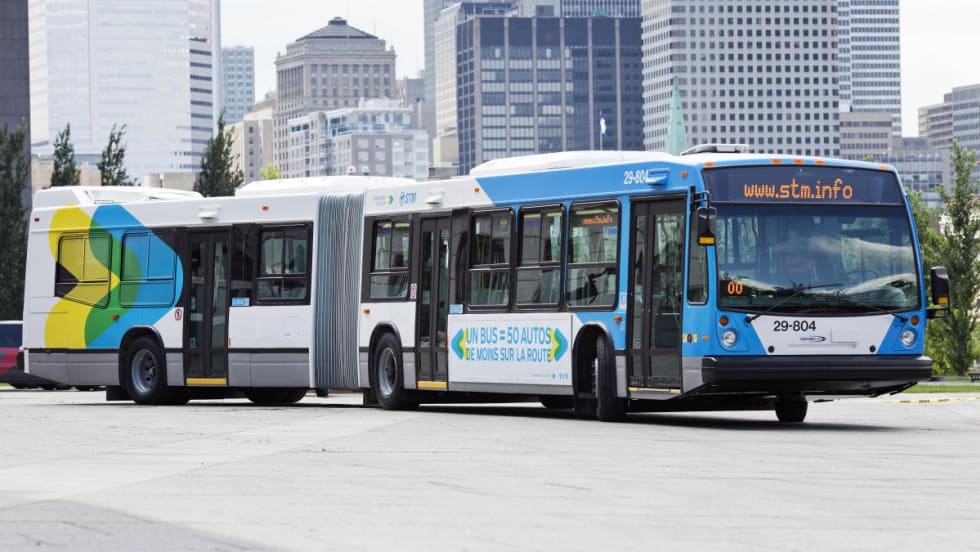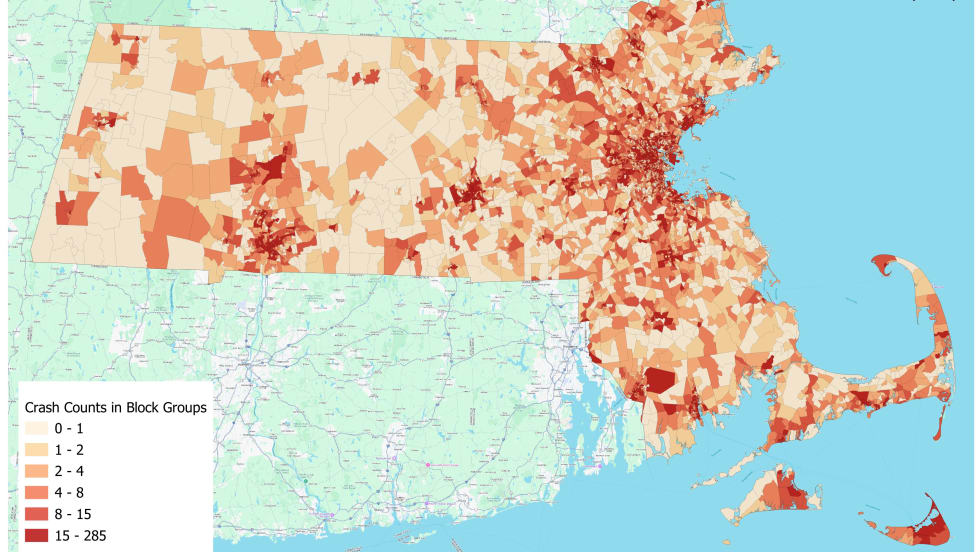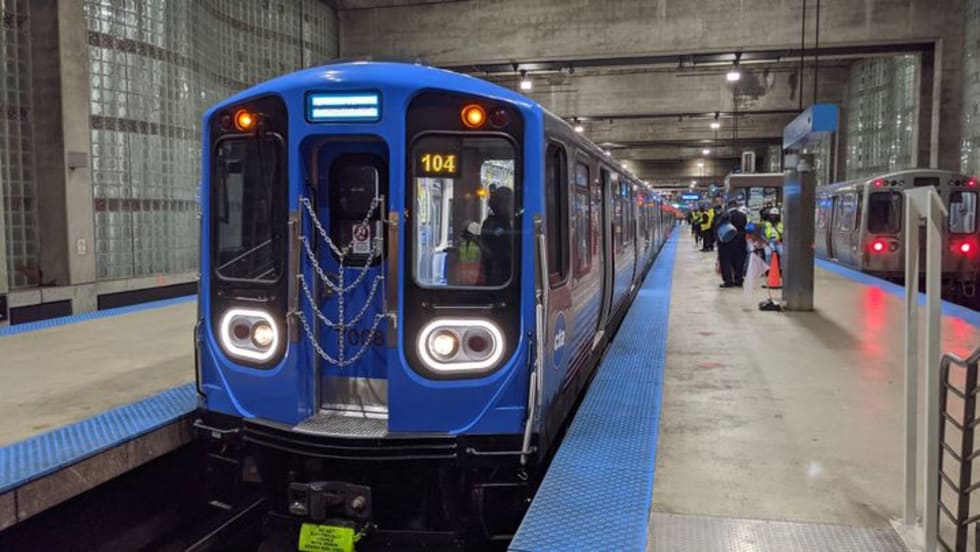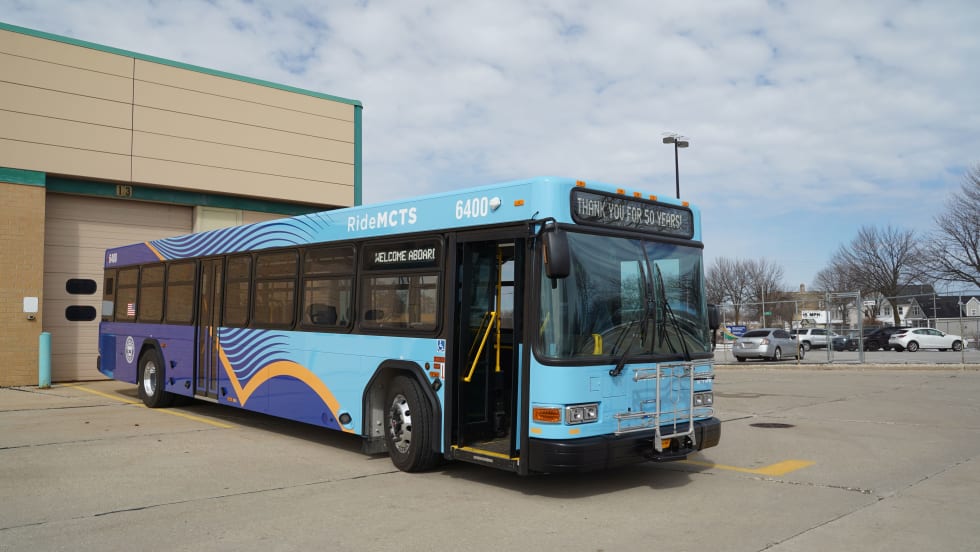New Mineta Transportation Institute (MTI) research, "Analyzing the Use and Impacts of Oakland Slow Street and Potential Scalability Beyond COVID-19," examined how the 2020-2022 Oakland Slow Streets were used, their impacts on local transportation and the community, and the potential to scale this or similar projects beyond the pandemic.
In order to examine how the Oakland Slow Streets were being used and what impacts they were having on vehicle speeds, researchers collected three types of data: real-time traffic speeds, on-site passerby counts of vehicles and pedestrians, and additional on-site observations of local conditions.
The data collected suggest conflicting findings about the success of slow streets from one neighborhood to another:
They do not constitute clear evidence that a Slow Streets designation itself reliably yields reduced through traffic, slower traffic speeds, or increased pedestrian and bicycle uses: some slow streets exhibited desired outcomes while others did not.
However, certain slow streets did have more bicycle/pedestrian use than their nearby comparison streets, and in at least one case we can say that the slow street was clearly embraced by the local community and used regularly.
“The performance of Oakland’s Slow Streets program was uneven; their use varied from neighborhood to neighborhood, seemingly based as much as anything on the particularities of local needs, norms, and preexisting traffic patterns, but even where they were not locally embraced, our findings do not suggest they had negative impacts in terms of street safety or area traffic flow,” explained the study’s authors.














